
Open concept offices have dominated corporate design for years as a boon for collaboration and team building. Lately, however, after nearly a generation of trials with companies large and small, the concept has been under scrutiny — with staff and business owners alike. The design, it seems, has ultimately trended more towards employee dissatisfaction and dysfunction than contentment, connection, and productivity.
Now, with so many offices having torn down walls and cubicles in favor of long tables and team-sized sofas, how can they reclaim employee focus and productivity for which privacy provides?
Fortunately, there are strategies to help make up for the shortcomings of open-concept office design, specifically with regards to excessive noise and lack of privacy and focus. One of those strategies is to reconsider your office acoustics.
Even within the limitations of ample, open space, robust sound deadening solutions can help dampen and reduce the reverberation of sound, enhancing valuable productivity, while preserving the open concept layout that has come to define a modern and innovative office space.
Establish dedicated work zones
An easy and inexpensive way to help minimize the impact of noise in the office is to redesign your furniture layout into dedicated work zones. By understanding the activities that take place in your office, you can better create a pleasant sound environment and utilize the space efficiently.
Set up work zones by separating different workgroups from each other according to their specific acoustic needs. Your finance team might need a more private and peaceful atmosphere while your sales and marketing team engages in more high-energy, collaborative activities.
Tip: Keep your frenetic break-room and peaceful conference space on opposite ends of the office!
Use sound-absorbing materials
When there’s a lack of sound absorption, you experience some serious noise reverberation – the biggest problem in an open work environment. Absorb sound and improve office acoustics by reducing both visual and acoustic noise with acoustic panels, wall tiles, living walls, and fibrous ceiling and floor materials.
Hard surfaces reflect sound, while soft surfaces absorb it. Your exposed brick office wall, stylish as it may be, only serves to perpetuate the reverberation of sound energy. Covering it up, at least in part, will help control and limit the movement of sound in wide-open spaces.
There are a variety of acoustic materials that help dampen the reflection of sound in open spaces and create customized and stylish accents that add to the overall design aesthetic of your office environment. Acoustic tiles, lush greenery, or textile wall hangings can be installed on walls in seating areas that tend to prioritize meaningful communication. Tailor your acoustics to match your brand identity or to reflect your organizational mantra, culture, or logo.
An open-concept space doesn’t mean that your office won’t need an area dedicated to individual conversations and moments of solitude. Use acoustic panels or other sound dampening materials as workspace partitions to provide employees their much-needed privacy.
For circumstances that require a fixed workplace solution, modular screens or erectable walls can give instant privacy and improved sound control to separate certain sections of your open-plan office for more optimal focus and concentration. They can be left in place, or taken down and moved elsewhere, still contributing to the open concept design while providing flexibility for employees who prefer to move as they work. Plus, when you need to open up space, they can be stacked away neatly.
Choose furnishings wisely
The vision behind an open-concept office is to empower employees to work in the style that suits them best – comfortable, content, and productive.
Maintain your employees’ freedom of movement at work with modular spaces and furnishings while at the same time, providing essential acoustical value. It’s an effective way to target both sound control and office flexibility.
Acoustic furnishings are purpose-built with acoustical materials and integrated sound-absorbing panels precisely where they’ll be most useful – providing separation from all the office action while still minimizing impediments and interruptions to the office design itself.
Keep in mind that couches and soft plush seat coverings also help absorb sound. Everything from chairs, storage/filing solutions, desks, bookcases, and shelves can easily be purchased or modified to include acoustic-sensitive materials.
Ceilings and Floors
Commonly referred to as baffles or clouds, ceiling mounted acoustic paneling is an effective way to help reduce the reverberation of sound in spaces with tall ceilings without taking away from the impact of your style and decor.
Baffles are typically mounted downward so they can hang lower into the space – great for installing with your lighting design in mind. They are terrific solutions to help minimize excess sound so you can keep your floor space free, maintaining the forward-thinking behind your open-concept space.
Similarly, the floor plays a huge role in how sound moves around the space. Sound travels so very well over a smooth, still, and controlled space — imagine yelling on the shore of a flat surface of water and listen to how effectively it travels! Interrupting that flat surface is essential when it comes to sound control.
Sound-sensitive flooring material such as carpeting, area rugs, and different types of sound-sensitive flooring material – cork tiles, for example – offer super-effective soundproofing and more beneficial office acoustics.
Install sound masking
While most acoustical solutions work towards the elimination of unwanted and distracting sound, there are innovative systems available. They provide the addition of sound created with specialty digital generators and distributed through hidden speakers within an open concept office.
Commonly referred to as white noise or pink noise, noise masking systems produce random broadband sounds – low-level and comfortable background sound.
Sound masking systems eliminate acoustic distraction by covering and filling in the sound spectrum to cover speech or excessive silence. The system adjusts to the noise levels within the office, increasing volume when needed and quieting during lulls.




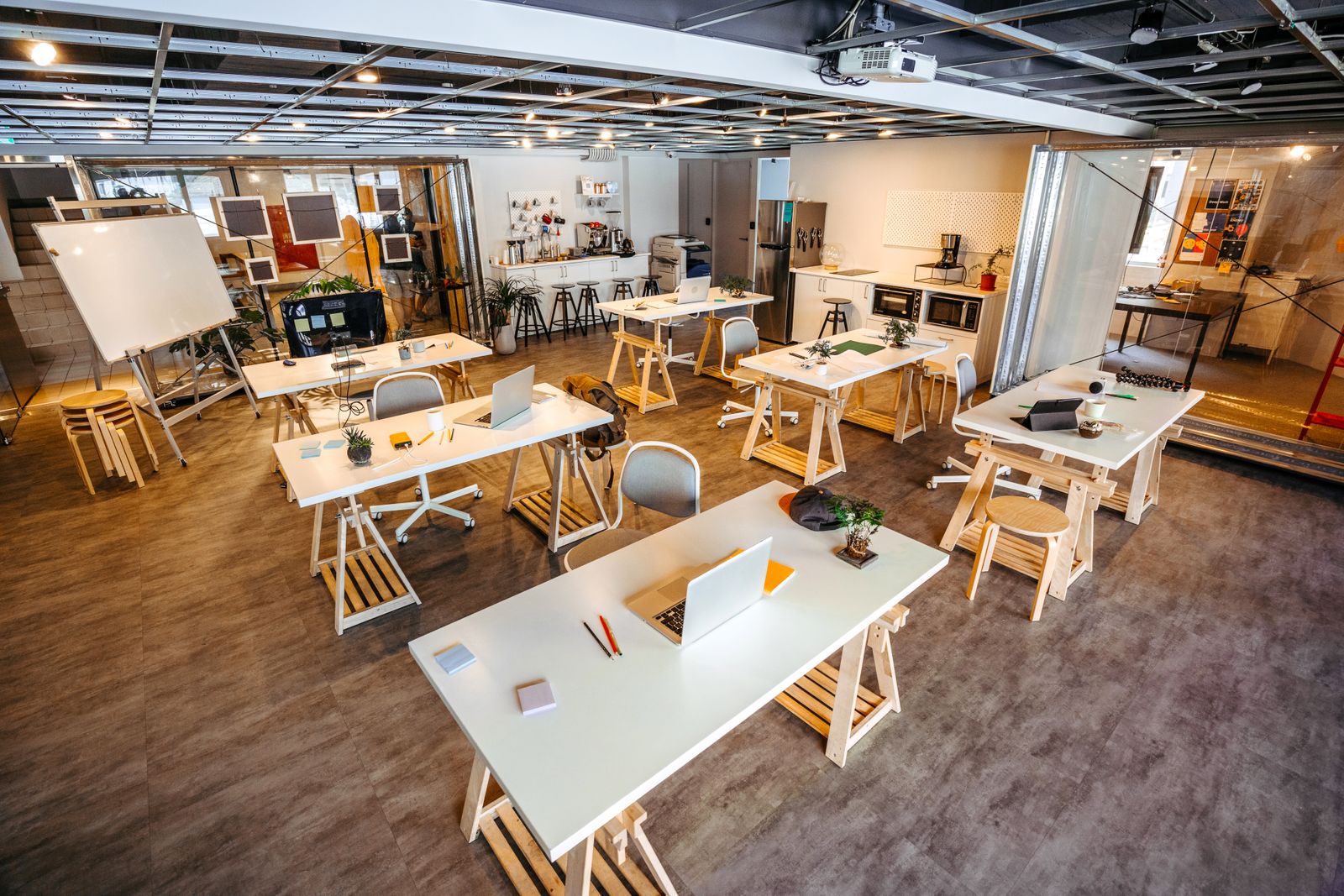

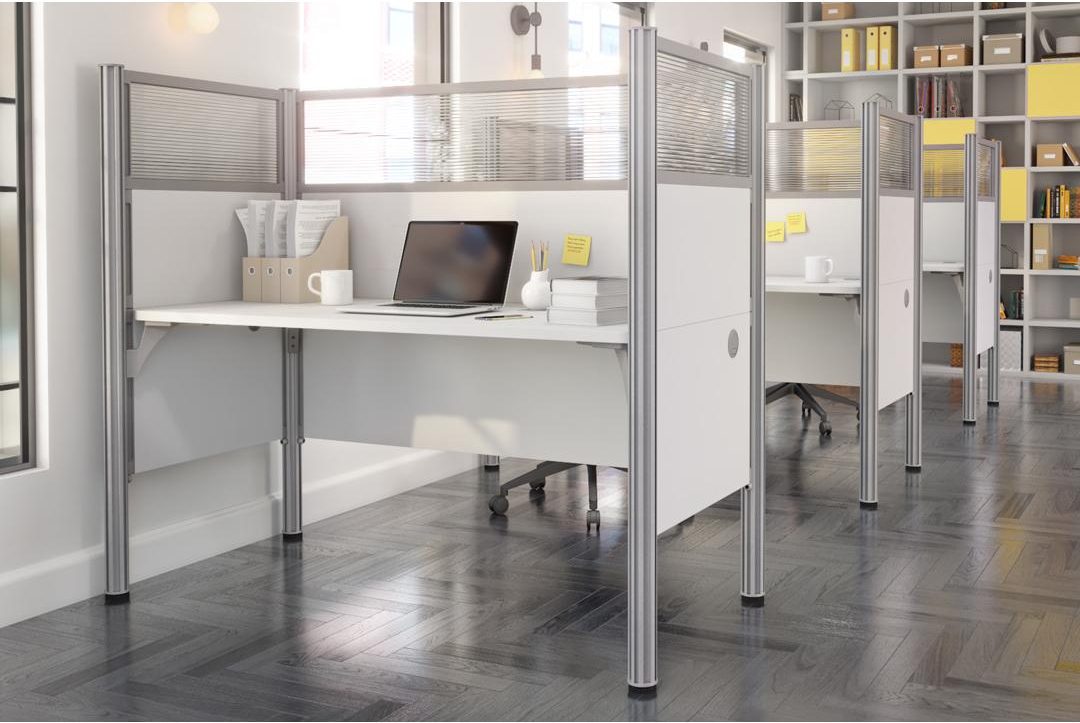

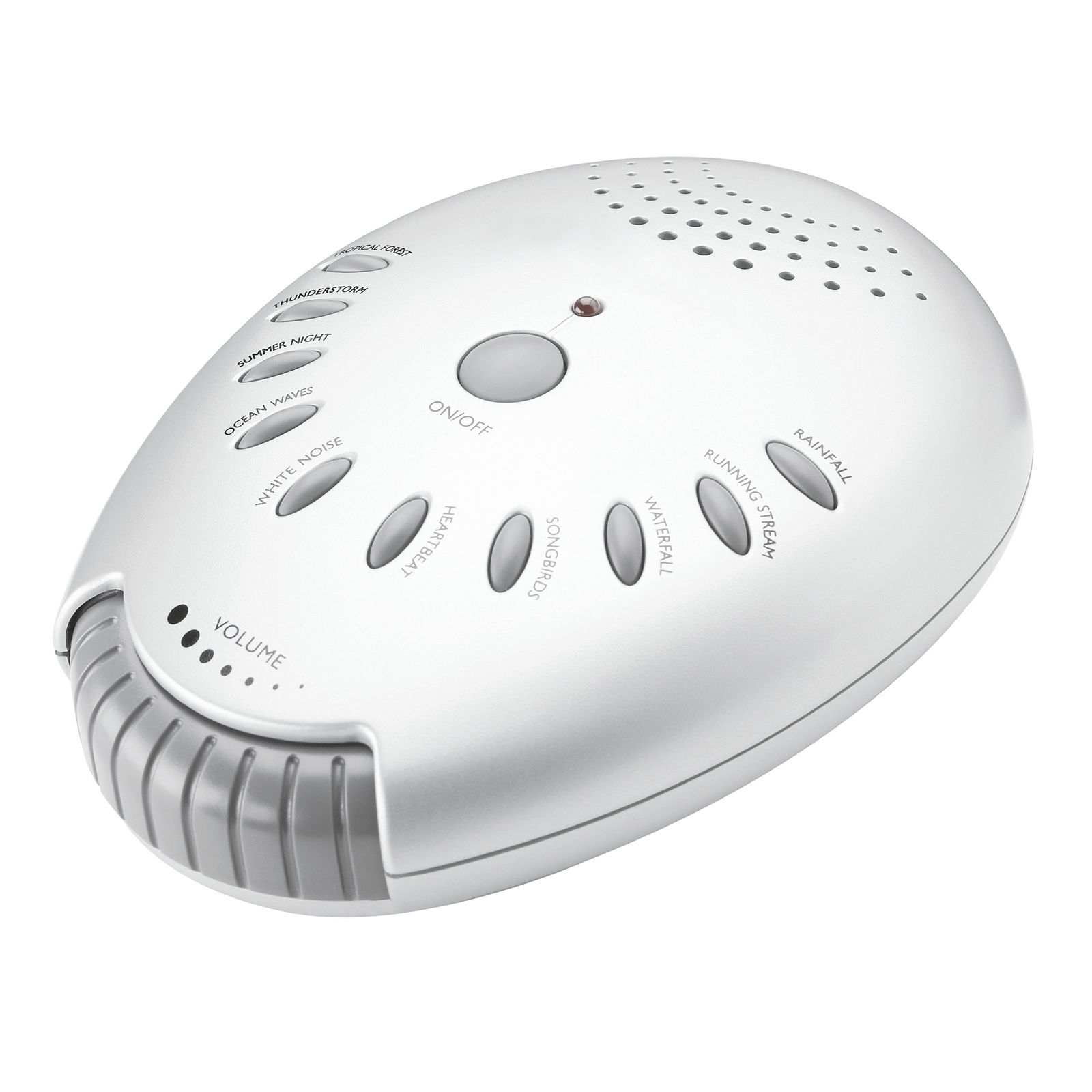
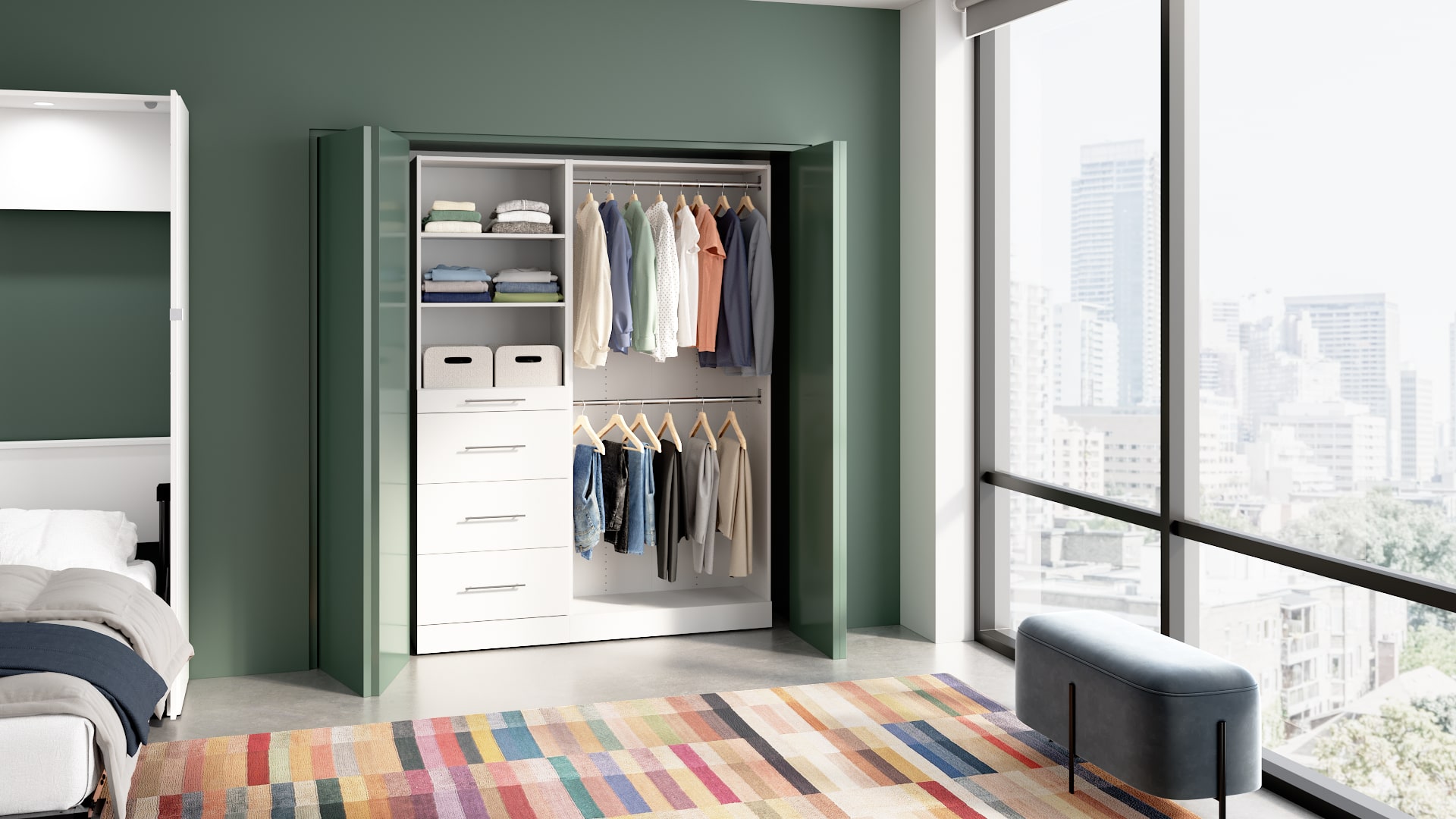
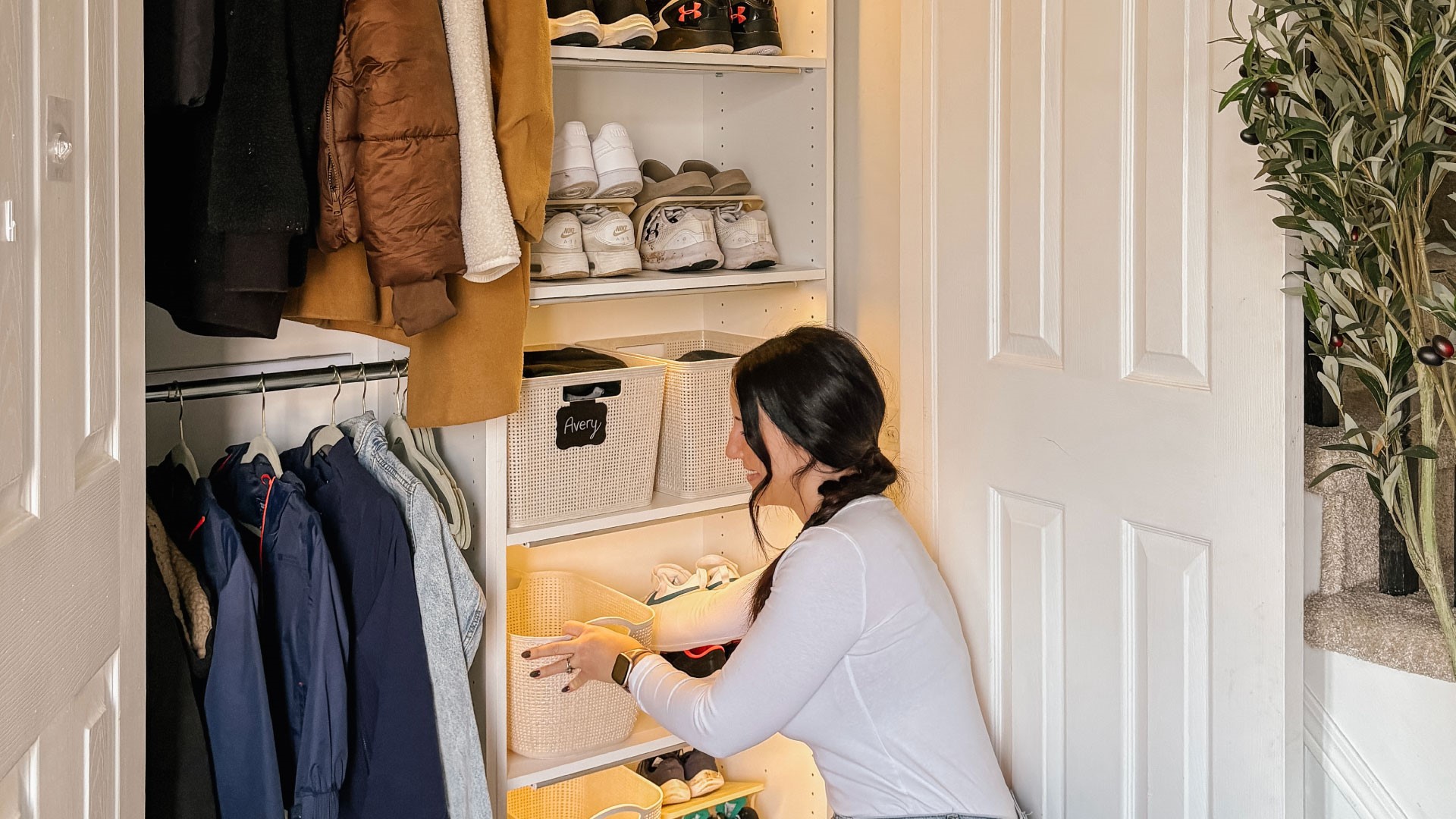
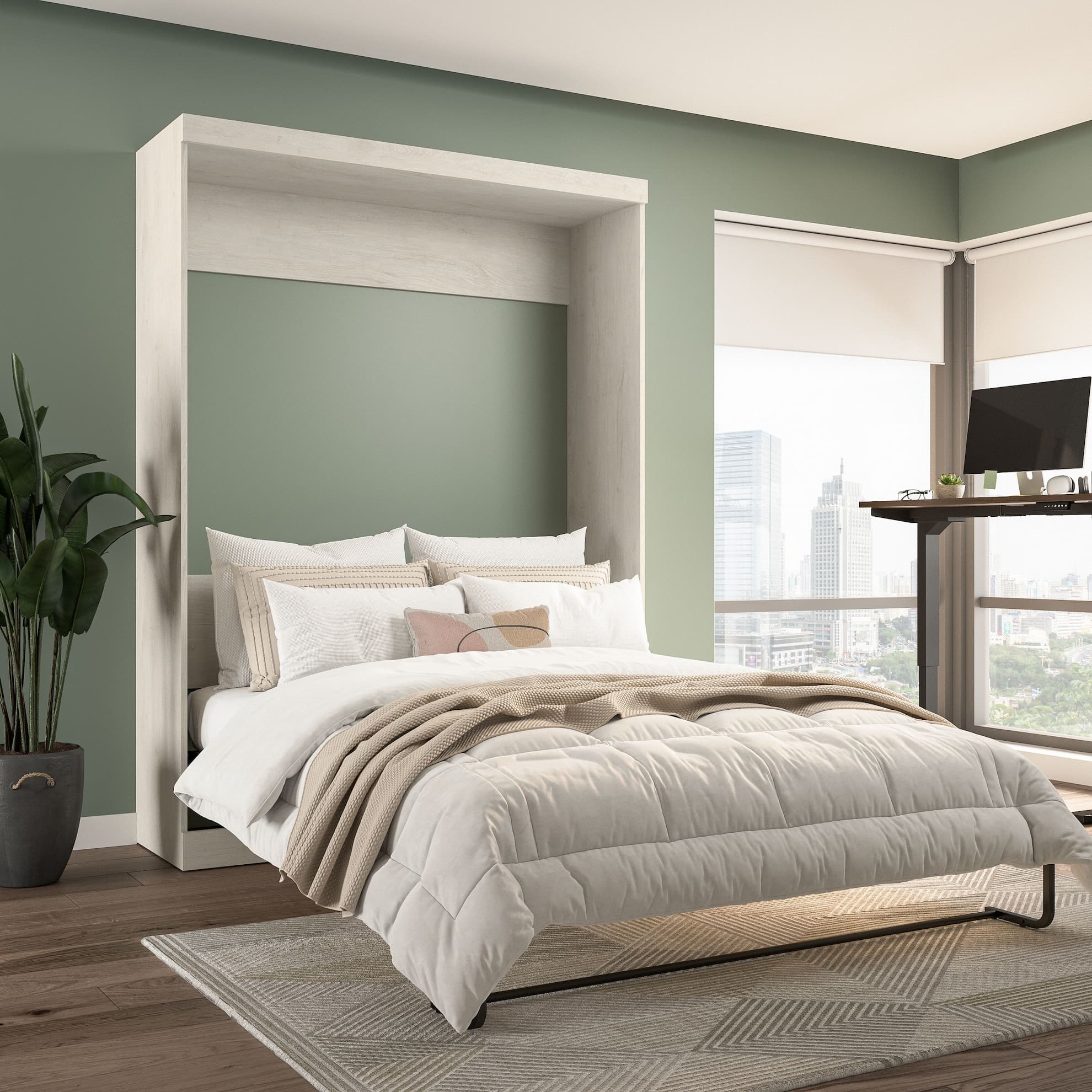
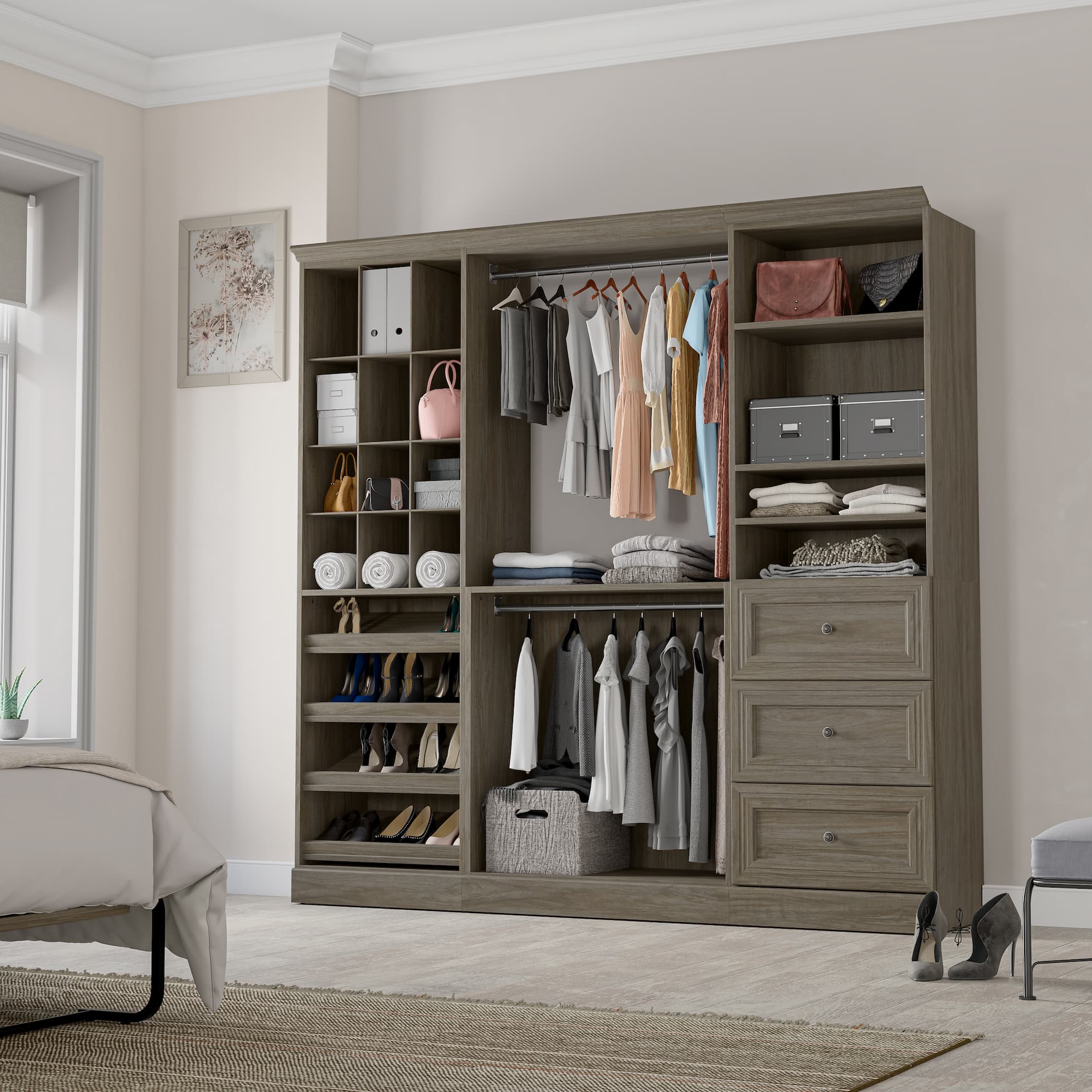

Question or Comments